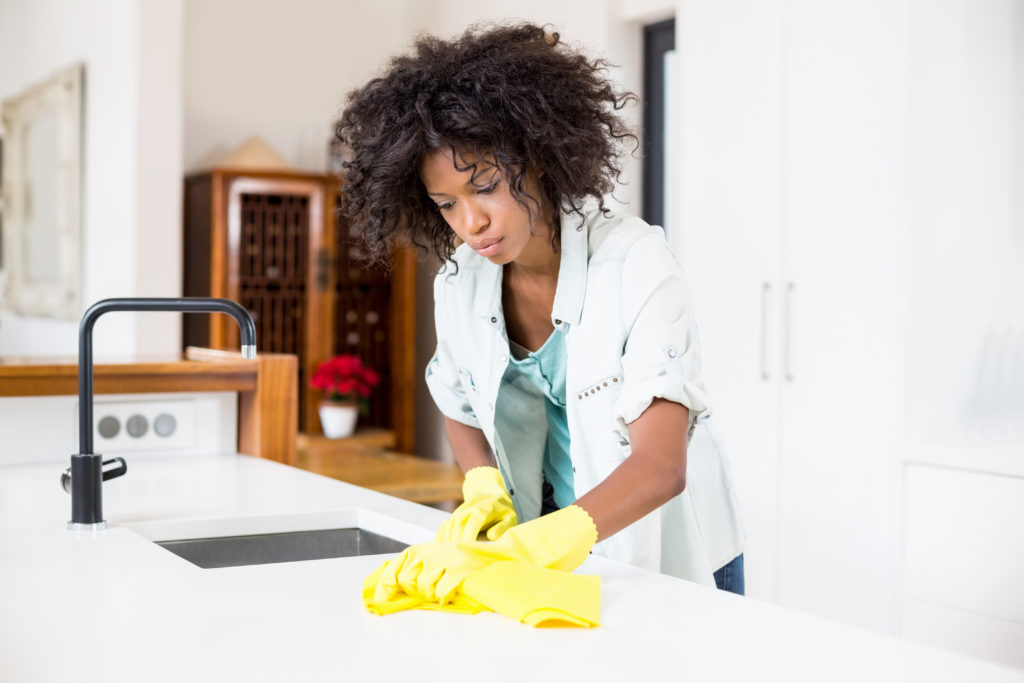Some people are just likable, plain and simple. But for other people, it’s not as easy to make that first impression a good impression. And if you fall into the latter group, don’t worry. Being likable is actually a skill you can develop. These nine psychological hacks can help.
Say people’s names
When you speak with someone, be sure to use their name. This helps them feel important and validated, and it’s a sure way to create a better rapport.
Admit your imperfections
No one likes a know-it-all, so if you mess up, don’t be afraid to admit it. This helps people relate to you.
Match behavior and body language
While it’s important to stay authentic and true to you, it can help – to some extent – to imitate the person you’re with. Clinical psychologist, Dr. Charlynn Ruan, Ph.D. explains that when you mirror someone else’s body language, it sends “subtle messages we are similar to them and we understand them, which makes us very appealing.”
Highlight your common ground
Instead of focusing on what sets you apart, try to find similarities between you and your new acquaintance. It can help to form a more comfortable bond for you both.
It’s okay to say you like them
As adults, we can be shy and timid to say, “Hey, I like you.” But doing so (even in a more subtle way) is a simple way to be more likable to other people.
Be curious and ask questions
If you want people to like you, be interested in them and ask lots of questions. This helps the other person feel important and valued, and what’s not to like about that?
Use your own sense of humor
Jokes help to put others at ease, so if there’s an appropriate opportunity, go ahead and make people laugh. They’ll like you for it.
Be an active listener
When you listen with the goal of learning more about someone, it can go a long way in helping you become more likable. After all, don’t we all want to be heard and understood?
Treat people well, even if they’re just acquaintances
You might not be BFF’s with your new acquaintance, but treating them with respect, consideration and kindness – as though they were your best bud – can go a very long way.




